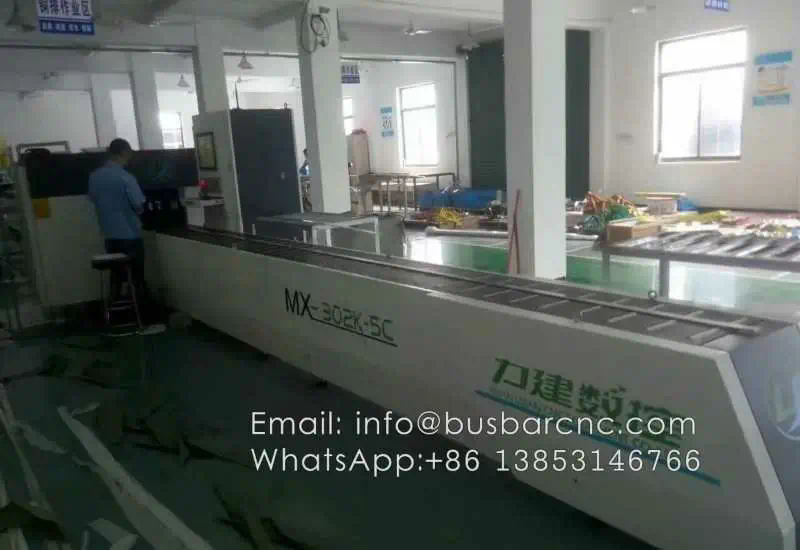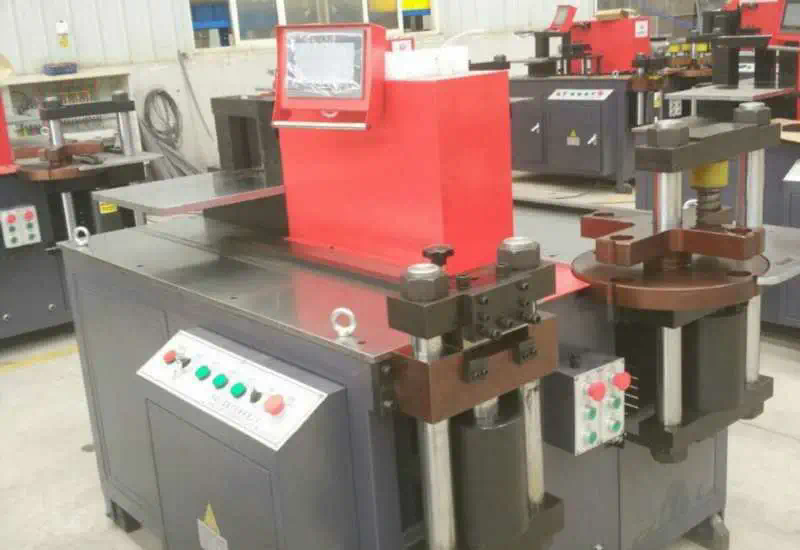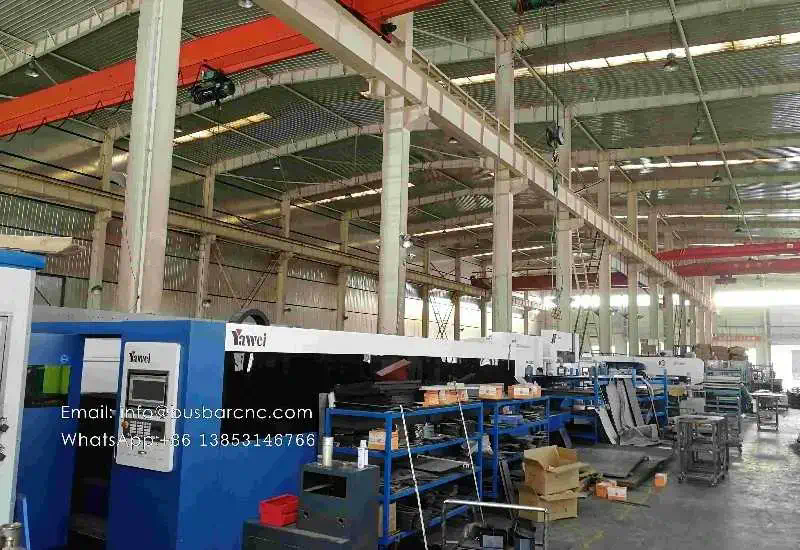As an industry expert, understanding the selection and application of CNC machines is crucial for maximizing efficiency and productivity in manufacturing operations. CNC (Computer Numerical Control) machines have revolutionized the manufacturing industry by offering precise and automated machining capabilities. In this guide, we will delve into the key aspects of CNC machine selection and their diverse applications across various industries.
The Importance of CNC Machine Selection

Choosing the right CNC machine is essential for ensuring optimal performance and cost-effectiveness in manufacturing processes. Factors such as the type of materials to be machined, the complexity of the parts, production volume, and available floor space should all be taken into consideration when selecting a CNC machine. Additionally, factors like spindle speed, cutting tool compatibility, and control system capabilities play a significant role in determining the suitability of a CNC machine for specific applications.
Types of CNC Machines
There are several types of CNC machines available, each designed for specific machining tasks. Some common types include CNC milling machines, CNC lathes, CNC routers, and CNC plasma cutters. CNC milling machines are versatile and widely used for creating complex shapes and features on workpieces. CNC lathes, on the other hand, are ideal for turning and shaping cylindrical parts. CNC routers excel in cutting, shaping, and engraving various materials, making them popular in woodworking and sign-making industries. CNC plasma cutters are used for cutting metal sheets and plates with precision and speed.

Factors to Consider in CNC Machine Selection
When choosing a CNC machine, it is important to consider factors such as the machine’s accuracy, repeatability, cutting speed, and rigidity. High accuracy and repeatability are crucial for producing parts with tight tolerances consistently. Cutting speed is essential for achieving efficient production rates, while rigidity ensures stability and vibration-free operation during machining. Additionally, the availability of advanced features such as automatic tool changers, coolant systems, and chip conveyors can enhance productivity and workflow efficiency.
Applications of CNC Machines
CNC machines find widespread applications across various industries, including aerospace, automotive, medical, electronics, and woodworking. In the aerospace industry, CNC machining is used to create complex components such as engine parts, structural components, and aircraft interiors. The automotive industry utilizes CNC machines for producing precision parts like engine blocks, transmission components, and suspension parts. In the medical field, CNC machining is employed to manufacture custom implants, surgical instruments, and prosthetic devices with high precision and accuracy.
Advancements in CNC Technology
Recent advancements in CNC technology have led to the development of advanced features and capabilities in modern CNC machines. Innovations such as multi-axis machining, adaptive control systems, real-time monitoring, and predictive maintenance have enhanced the performance and efficiency of CNC machines. Multi-axis machining allows for simultaneous cutting along multiple axes, enabling the production of complex geometries with ease. Adaptive control systems optimize cutting parameters in real time based on sensor feedback, resulting in improved surface finish and tool life.
Future Trends in CNC Machining

Looking ahead, the future of CNC machining is likely to be shaped by trends such as the integration of AI and machine learning, additive manufacturing, and digital twinning. AI and machine learning algorithms can optimize machining processes, predict tool wear, and prevent production errors, leading to increased efficiency and reduced downtime. Additive manufacturing technologies combined with CNC machining offer new possibilities for creating hybrid parts with complex geometries and customized features. Digital twinning enables virtual simulations of machining processes, allowing for optimization and testing before actual production.
In conclusion, the selection and application of CNC machines play a critical role in the success of manufacturing operations. By understanding the key factors involved in CNC machine selection and staying abreast of technological advancements and industry trends, industry experts can leverage the full potential of CNC machining to achieve higher productivity, superior quality, and competitive advantage in the market.
